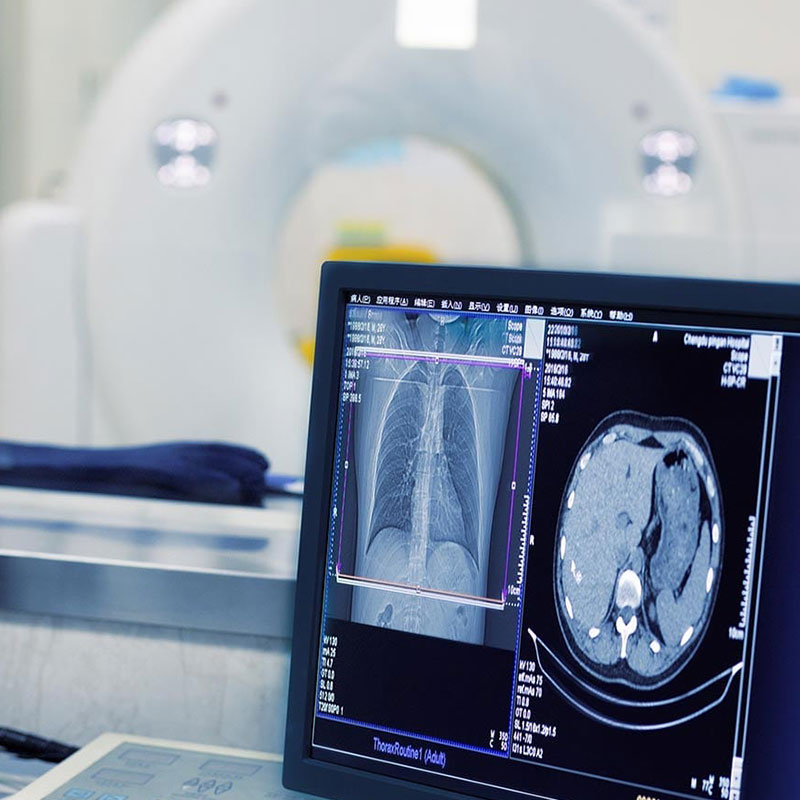Can Salt Help Improve Low Blood Pressure?

November 22, 2019
By Brianna McCabe
A spoonful of sodium makes the blood pressure go up!
Okay, so maybe I have slightly misinterpreted Mary Poppins’ song.
“It’s true though,” confirms Karnik Patel, D.O., board certified in internal medicine. “It has to do with the biochemistry of it all.”
According to the expert, there is a direct correlation between salt and blood pressure: the consumption of salt raises blood pressure. “This is because if you have more salt in your diet, you will naturally have more water in your circulatory system and increase your body’s intravascular volume,” he clarifies.
Therefore, if you have high blood pressure (hypertension) it is advised to cut back on salt. Conversely, if you have low blood pressure (hypotension) the inclusion of more salt into your diet can raise your numbers.
How much salt is too much?
Though it depends on each individual’s health, Dr. Patel generally recommends the following daily salt consumptions depending on your blood pressure reading:
- At least 6 grams for individuals with low blood pressure
- Around 4 grams for individuals with normal blood pressure
- Less than 2 grams for individuals with high blood pressure
What are some examples of salty foods?
As explained by Dr. Patel, some foods high in salt include:
- Saltine crackers
- Canned soups
- Soy sauce
- Fish
- Deli meats
- Processed foods, including microwavable meals, bacon and dried fruit snacks
Should a person only rely on eating salty foods to raise low blood pressure?
“Eating too much of these highly-processed, super salty or fatty foods can be harmful to your health over time,” cautions Dr. Patel. Instead of relying on these foods to add salt into your diet, he advocates for the purchasing of salt tablets.
“But there are plenty of other ways to raise your blood pressure other than just salt,” he says. Other methods include:
- Drinking more fluids
- Eating a well-balanced diet
- Limiting or avoiding your alcohol intake
- Exercising
- Eating smaller meals
How would I know if I have low blood pressure?
“The only way to tell would be to get your blood pressure checked,” he confirms. “Any reading under 90/60 millimeters of mercury (mm Hg) is considered low.”
However, there may be signs including:
- Lightheadedness
- Dizziness
- Fainting
“These symptoms tend to occur more when someone goes from lying down or sitting to then standing,” he adds.
What causes low blood pressure?
Many factors can lead to low blood pressure such as a nutrient-deficient diet, dehydration, heart problems, adrenal insufficiencies or neurological disorders. “We always look at any preexisting health conditions or try to identify a possible cause to then treat that problem,” says Dr. Patel.
“For the most part, though, if your hypotension is asymptomatic and you are otherwise healthy, it is usually not recommended to treat it with medication,” he adds.
If I have low blood pressure, what should I do?
Dr. Patel recommends establishing a close, trustworthy relationship with your health care team. “Everyone has a support circle—whether that includes family, friends and/or colleagues,” he says. “Your doctor should also be a part of that inner circle for regular support and expertise.”
Dr. Patel is located in Hoboken and is a physician at Hackensack Meridian Health Medical Group, a network of more than 1,000 physicians and advanced providers at over 300 practices throughout New Jersey. Our care network can help you better manage your health. Visit HMHMedicalGroup.org to find a practice near you.
The material provided through HealthU is intended to be used as general information only and should not replace the advice of your physician. Always consult your physician for individual care.
Find a doctor near me
Five Tips for a Healthier Workout

Three of our cardiologists share how to fit heart healthy exercise into even the busiest schedules.
Can COVID-19 Cause a Heart Attack?

If you’re experiencing signs of a heart attack, it’s urgent to get to the hospital quickly, to get the care that you need.
Find a doctor near me

Knowing When (and How) to Check Your Heart Rate
Like a car's check-engine light, your vital signs can alert you when it's time to call an expert.

What Does a Cardiac Stress Test Reveal?
The idea of undergoing a stress test can sound, well, stressful. But this common cardiac assessment tool can also put your mind at ease by revealing key indicators of how well your heart is working.

How Weight Impacts Heart Health
Cardiovascular diseases, such as heart attack, stroke and aneurysm, are a leading cause of death in the United States.

Top Advice for Improving Heart Health
We all know that keeping our hearts healthy is vital for overall good health and to live a long, physically active life. But there’s a lot of information floating around about how to achieve optimal heart health.
